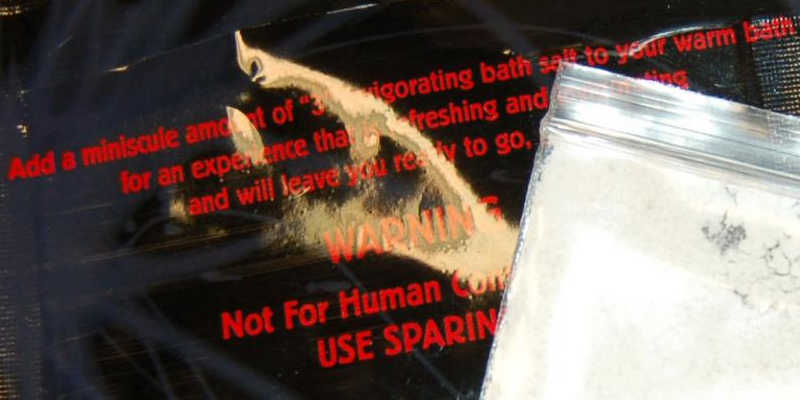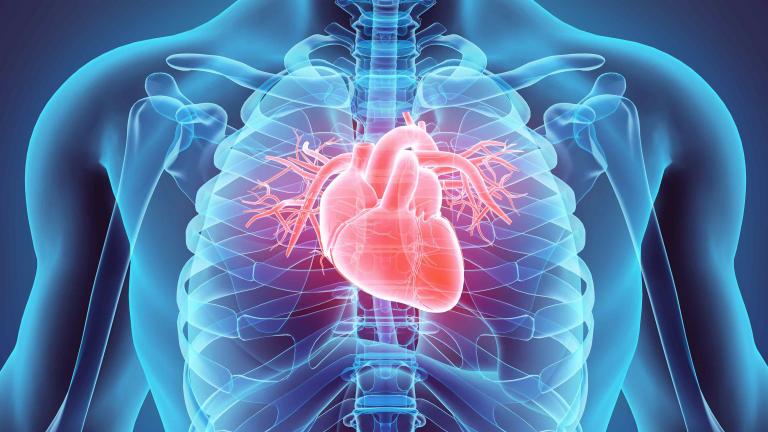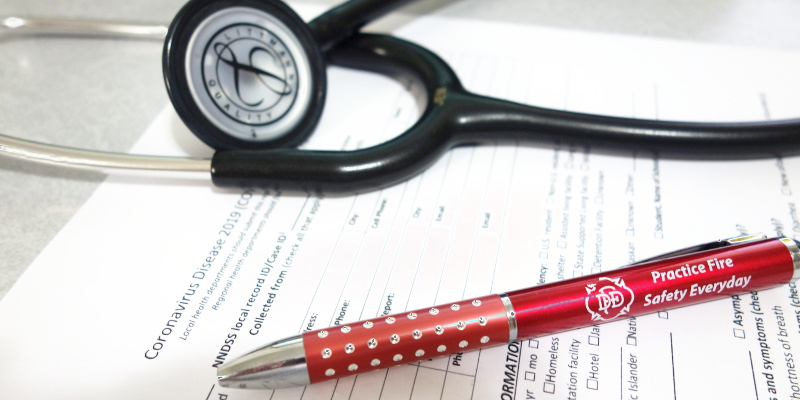How to Ask Medical
Questions with Confidence
This article is intended to provide a framework for learning how to professionally ask common as well as unusual, confidential, or potentially embarrassing medical questions.

The basic concept involves repeating lists of medical questions until they can be comfortably asked in any situation and without any hesitation, impediments, or awkwardness. This article is not about knowing what questions to ask, when to ask them, when to choose an open or closed ended format, or when to keep your mouth shut.
A few tips include:
- Read them out loud.
- Read them in a quiet place. (In a bedroom closet maybe.)
- Read them while imagining asking them to famous, old, young, or unusual persons.
- Read them while imagining being surrounded by giggling potheads or obnoxious drunks.
- Read them with your own variations, the more outlandish the better.
- Read them with careful enunciation.
- Read them loudly.
- Read them quietly.
- Practice, drill, and rehearse.
We will start with the very basics:
AVPU and A&O

AVPU is the standard mnemonic for determining a patient's basic level of awareness. It adheres to a descending 4-level scale:
- Alert
- Verbal
- Pain
- Unresponsive
"Alert" patients are further tested for their alertness and orientation level with a 3 or 4-question test to help determine the extent, if any, of the injury or impairment. The 4-question test is done by asking if they know who they are, where they are, what general time it is, and what happened to them (person, place, time, and event.) A line of questioning for this may be summarized as:
- Can you tell me your name?
- Can you tell me where we are?
- Can you tell me what day of the week it is?
- Can you tell me what happened?
SAMPLE Questions

SAMPLE is the standard EMS mnemonic for obtaining the medical history of patients that occurred prior to arrival of EMS responders. (This is sometimes referred to as past medical history, a redundancy I find grating.) Some readers might find mnemonic value by using a shortened version of the standard. In the following list of standard categories, shortened categories are given in parentheses:
- Signs/Symptoms (Signals)
- Allergies (Allergies)
- Medications (Meds)
- Pertinent medical history (Past)
- Last oral intake (Last)
- Events leading to the present illness or injury (Events)
Rudimentary, or core, questions that correspond to the SAMPLE categories are:
- Why did you call us today?
- Are you allergic to anything?
- Are you on any medicines, herbal remedies, or drugs?
- Do you have any medical history that could be related to this?
- When did you last eat or drink anything?
- What led up to this?
OPQRST Questions

OPQRST is the standard EMS mnemonic for obtaining the characteristics of a patient's symptoms. Similar to SAMPLE, I find a shortened mnemonic easier to remember:
- Onset (Onset)
- Provocation (Provoke)
- Quality (Quality)
- Region and Radiation (Region)
- Severity (Severity)
- Time (Time)
Rudimentary, or core, questions that correspond to the OPQRST categories are,
- Was the onset gradual or sudden?
- Does anything make the pain feel better or worse?
- How would you describe the pain?
- Where does it hurt?
- On a scale of 0 to 10 with 0 being no pain and 10 being the worst pain you have ever felt, how would you rate your pain now?
- Has the pain been constant or does it come and go?
DCAP-BTLS
DCAP-BTLS is a standard EMS mnemonic for remembering specific abnormalities to search for during a patient assessment:
- Deformities?
- Contusions?
- Abrasions?
- Penetrations?
- Burns?
- Tenderness?
- Lacerations?
- Swelling?
It is included because an emergency care provider needs to ask about abnormalities to himself or herself.
Typical Health Questions

The following app contains a list of miscellaneous questions that might typically be used to expand upon the SAMPLE and OPQRST rudiments.
Atypical Health Questions

Next we have various questions of the type that the new EMR or EMT might not have given much thought to or have had much experience asking.
Language Softeners

The best defense is not to offend. The next app contains phrases and sentences that could help you not to offend:
One needs to very careful with interviewing because of the nuances of the process.
One example of these nuances would be asking a child if it were OK to take his or her pulse. The child might have the idea that you are asking to take something physical. Similar confusion could occur with adults, especially those for ware not fluent in English.
Not every one know what a CAT scan is, and someone might think you are asking about his or her cat.
